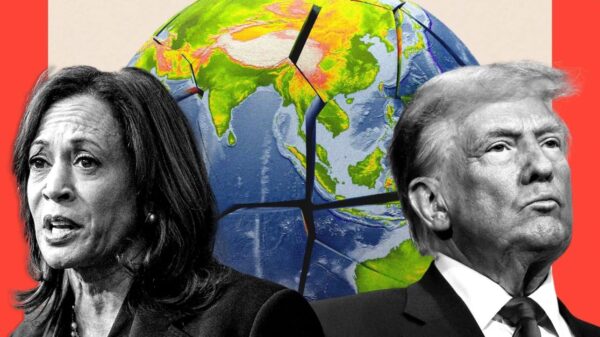The bank said growth in sub-Saharan Africa should register 4.8 percent this year, a tick lower than 2011 despite sharply slower economic expansion across much of the rest of the globe.
Excluding developed South Africa, the region’s economy will expand by around 6.0 percent on average, with expansion in mineral rich Sierra Leone hitting 25 percent, the bank said.
“Despite difficult global conditions, growth in sub-Saharan Africa has remained largely on track,” it stated.
World Bank vice president for Africa, Makhtar Diop, said foreign direct investment flowing to the mostly poor region should hit $31 billion in 2012, despite challenging economic conditions around the world.
A third of African countries will grow at or above six percent, with some of the fastest growing ones buoyed by new mineral exports such as iron ore in Sierra Leone and uranium and oil in Niger, he said,
Factors such as the return to peace in Cote d’Ivoire and strong growth in places such as Ethiopia, will also aid growth.
However, African countries are not immune to market volatility stemming from the eurozone crisis and the global slowdown.
The Bank stressed especially the potential impact of the economic slowdown in China, which in 2010 took nearly one-fifth of the region’s exports.
Should China not succeed in engineering a soft landing, “demand for and prices of major metals and minerals could decline significantly,” it stated.
It warned countries to exploit carefully their mineral wealth, as it has underpinned recent expansion and accounts for 28 percent of the region’s gross economic product.
Some resource-rich countries fail to grow and develop in other areas of their economies, risking falling back to poverty when the mineral wealth expires — the so-called resource curse.
But that is not a necessary path, the bank said.
“Discoveries of minerals are bringing the prospect of large revenues for newly resource-rich countries. The challenge for these countries will be to strengthen mineral governance so as to avoid the pitfalls of resource wealth.”
An abundance of natural resources “can be associated with weak checks and balances,” the review said, noting that “generation of large rents motivates political elites and powerful private actors/groups to capture these rents for the benefit of a few over the common economic interest.”
Sub-Saharan countries rich with oil, the report pointed out, “systematically perform worse than other country groups in terms of voice and accountability, political stability, rule of law, and the control of corruption.”
Among them, Chad and Sudan are the worst performers, it said.

































